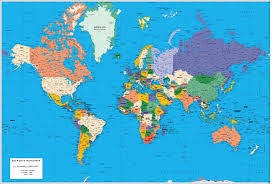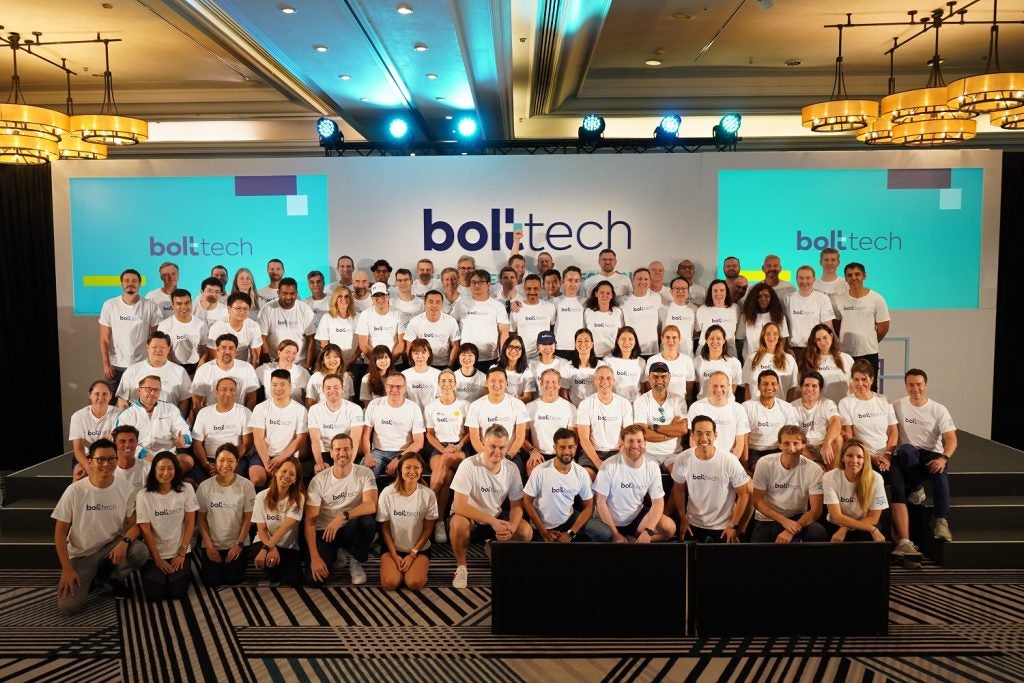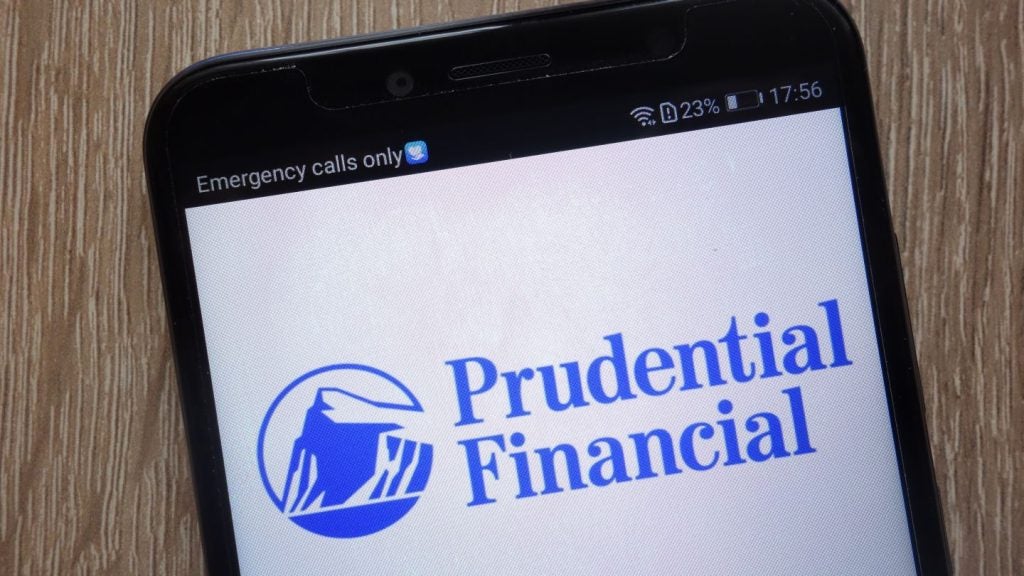
The World Bank Group has launched an emergency financing facility (PEF) that will create the first-ever insurance market for pandemic risk.
The PEF includes an insurance window, which combines funding from the reinsurance markets with the proceeds of World Bank-issued pandemic (catastrophe, or Cat) bonds, as well as a complementary cash window.
This will be the first time World Bank Cat Bonds have been used to combat infectious diseases.
$500m fund
The insurance window will provide coverage up to $500m for an initial period of three years for outbreaks of infectious diseases most likely to cause major epidemics, including new Orthomyxoviruses (e.g. new influenza pandemic virus A, B and C), Coronaviridae (e.g. SARS, MERS), Filoviridae (e.g. Ebola, Marburg) and other zoonotic diseases (e.g. Crimean Congo, Rift Valley, Lassa fever).
Parametric triggers designed with publicly available data will determine when the money would be released, based on the size, severity and spread of the outbreak.
How well do you really know your competitors?
Access the most comprehensive Company Profiles on the market, powered by GlobalData. Save hours of research. Gain competitive edge.

Thank you!
Your download email will arrive shortly
Not ready to buy yet? Download a free sample
We are confident about the unique quality of our Company Profiles. However, we want you to make the most beneficial decision for your business, so we offer a free sample that you can download by submitting the below form
By GlobalDataThe complementary cash window will provide more flexible funding to address a larger set of emerging pathogens, which may not yet meet the activation criteria for the insurance window.
Eligibility
All 77 countries eligible for financing from the International Development Association, the World Bank Group’s fund for the poorest countries, will be eligible to receive coverage from the PEF. The PEF is expected to be operational later this year.
Japan, which holds the G7 Presidency, committed the first $50m in funding toward the initiative.
The announcement came ahead of the May 26-27 Summit of Group of Seven Leaders in Ise-Shima, Japan. G7 leaders had urged the World Bank Group to develop the initiative during their May 2015 summit in Schloss-Elmau, Germany.
Recent economic analysis suggests that the annual global cost of moderately severe to severe pandemics is roughly $570bn, or 0.7 percent of global GDP. A very severe pandemic like the 1918 Spanish flu could cost as much as 5 percent of global GDP, or nearly $4trn.
Pandemic threats
During the past two years alone, pandemic threats have included the devastating Ebola crisis in West Africa — which crippled the economies of Guinea, Liberia and Sierra Leone, and cost them an estimated $2.8bn in GDP losses; the MERS outbreak, which took a toll on the South Korean economy; and the Zika virus that is spreading in the Americas and putting thousands of unborn children at risk.
According to the World Bank Group, the PEF will do a number of important things to prevent another Ebola crisis:
- It will insure the world’s poorest countries against the threat of a pandemic.
- In the event of a severe infectious disease outbreak, it will release funds quickly to the countries and/or to international responders, to accelerate the response — saving lives and reducing human suffering.
Commenting on the PEF, Jim Yong Kim, president of the World Bank Group, said: "This facility addresses a long, collective failure in dealing with pandemics. The Ebola crisis in Guinea, Liberia and Sierra Leone taught all of us that we must be much more vigilant to outbreaks and respond immediately to save lives and also to protect economic growth."
Deputy Prime Minister and Minister of Finance of Japan, Taro Aso, noted: "Japan is proud to support the Pandemic Emergency Financing Facility, which prevents pandemics from undermining important development achievements.
"Innovative financing for crisis responses by the PEF, together with financing for preparedness and prevention in peacetime including through IDA, are important to mitigate human and social losses and to help quickly recover in the event of a crisis. It is cost-effective and should be emphasized at all stages of economic development."







